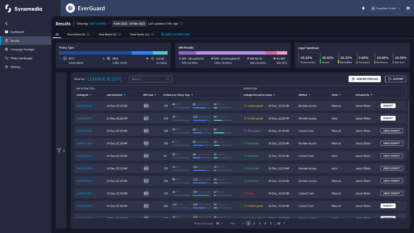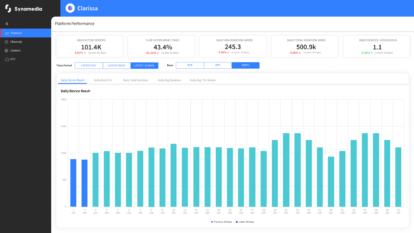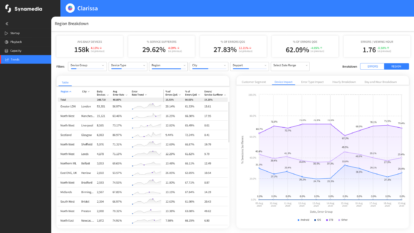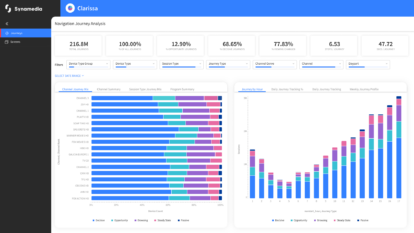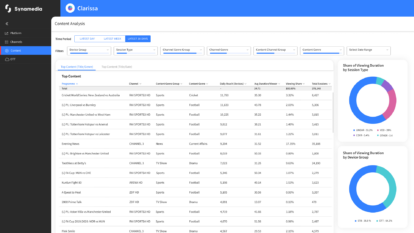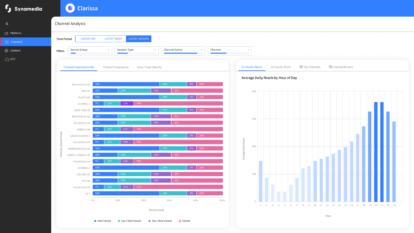Well, it took long enough…
Finally, Netflix acknowledged that credentials sharing is impacting its ability to invest in new content.
Their recent announcement to charge subscribers in Chile, Costa Rica, and Peru who want to share their account credentials outside of their household, has, once again, left both consumers and the industry debating the impact of credentials sharing. To be clear, Netflix addresses credentials sharing as “the result of potential confusion”.
Nonetheless, with many wondering whether credentials sharing was a strategic part of Netflix’s marketing, there are questions about why they are no longer turning a blind eye to credentials sharing, and instead, experimenting with ways to curb this activity.
While the scale of credentials sharing might be hard to measure, the impact on Netflix’s revenues is a certainty. Variety quotes analysts saying that Netflix could add $1.6 billion in revenue per year by charging credentials-sharers additional fees, even when considering the many illegal users who would instead choose an alternative free, ad-based service. According to a Leichtman Research Group study, 29% of all direct-to-consumer services are shared with others outside the household.
Whichever version you believe, it still represents a big hit to revenue.
The impetus for change is in part that shareholders expect streaming providers to continue to generate subscriber and revenue growth each quarter even though subscriber numbers are now flattening in many markets.
This gear shift comes as we’re witnessing a saturated market in the grip of post-pandemic subscriber fatigue where users are considering alternatives to funding yet another subscription. Popular options are pooling credentials with others or, if you cannot find someone to ‘casually’ share credentials with, buying stolen credentials from fraudsters at well below the market rate through social media and online forums.
From our insider’s perspective here at Synamedia, where we closely monitor all types of video piracy, we see credentials sharing becoming even more prevalent and more socially acceptable.
We started looking at this challenge a few years ago, while complacency was still generally the norm. In the intervening time, we have been working with our customers, growing data sets to refine and perfect our detection algorithms.
The result is our Credentials Sharing and Fraud Insight solution (CSFEye), a cloud-based user behavior analysis service that identifies shared accounts extremely accurately. Providing all the supporting evidence, CSFEye empowers you with the knowledge you need to take appropriate remedial action that addresses the sharing with confidence, and without fear of troubling honest users.

If you want to find out whether, and to what extent, credentials sharing is impacting your business, and the steps you can take, join our upcoming webinar:
“Credentials Sharing: How much it is really costing you and what you can do about it”
You’ll learn how to identify the sharers in your streaming video service with unsurpassed accuracy so you can convert them into paying subscribers. You’ll also be able to register for a free trial, so you can see for yourself just how much of a positive impact CSFEye can make on your business.
It’s time for you to get ahead of the game.
It’s time to register for our webinar.
About the Author
Nitsan Baider is a Director of Product Management at Synamedia. In his role he leads the development of new and innovative security solutions for streaming OTT service providers, taking them to market, and evangelizing them. Nitsan has spent many years in cyber security and has led several products in the past. He holds a B.Sc. In Mathematics and Computer Science from Tel-Aviv University. In his spare time, Nitsan enjoys playing piano.

